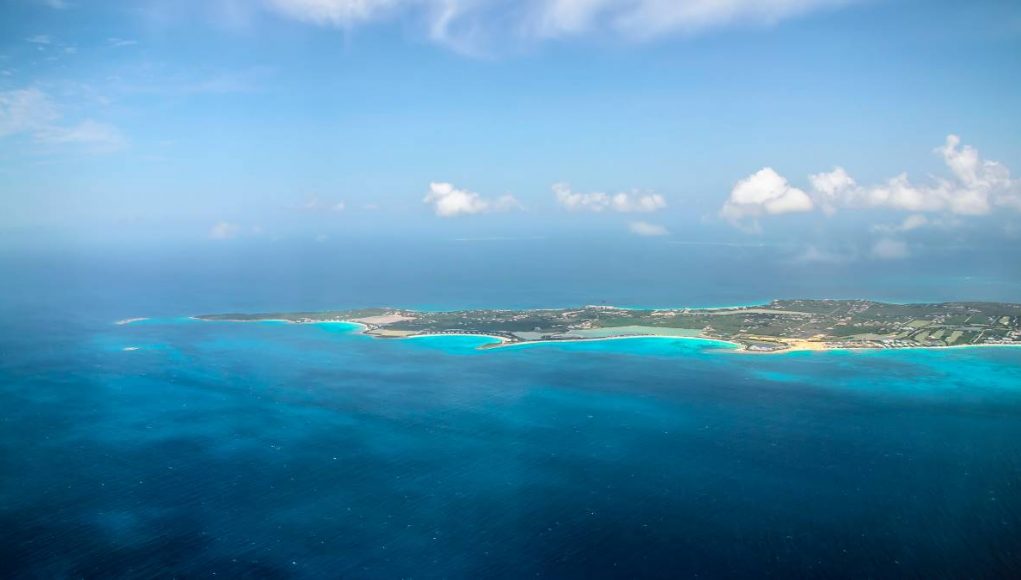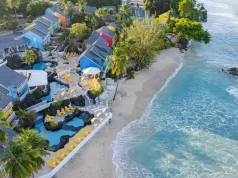The quiet and fabulous island of Anguilla has long enjoyed a reputation by those in the know as a world-class tourist destination. Since the very first settlers set foot on its white sands, it feels like the island was destined for greatness. While many likely associate Anguilla with pristine beaches, cerulean waters, and lush luxury resorts, fewer are aware of its rich history and the compelling, inspiring story of its hard-won freedom.
The earliest inhabitants of Anguilla were Indigenous people of South America, commonly known as Arawaks, who made the journey across the waves on rafts and canoes. To them, Anguilla was known as Malliouhana, the “arrow-shaped sea serpent”,a moniker which stuck until the European discovery of the island. The volume of religious Arawak artifacts found at sites such as Fountain Cavern speaks to the robust spirituality that Anguilla’s first inhabitants brought with them from the mainland.
When Anguilla was eventually sighted by Europeans, it suffered a similar fate as the rest of the region. The island was colonised by the English settler St. Christopher in 1650. In 1871, Anguilla was forced into a dysfunctional federation with distant neighbour St. Kitts & Nevis, which would last until one fateful night in 1967.
Perhaps no event in Anguillian history more fully encapsulates the valiant nature of its people (and their tradition of spirited storytelling) more than the Night of the Rambler. Mired in poverty and tired of being ruled by faraway St. Kitts & Nevis, a daring band of sixteen rebels from Anguilla invaded their sister island aboard a 35-foot boat named “The Rambler”. Armed with old rifles and crude explosives and ill-prepared for a serious battle, the unlikely revolutionaries nonetheless set out on the night waves to carry out a coup d’etat and win their freedom from St. Kitts & Nevis. While the Night of the Rambler is now as much folklore as it is documented history, it would kickstart a referendum which would eventually lead to the free, beautiful country of Anguilla as it exists today.
Far more than just another tropical paradise, the people of Anguilla claim a heroic heritage that underscores the beauty of the island in its modern form. The story of the Rambler is well-known and well-loved on the island, and sure to bring a smile to the face of any true Anguillian if inquired about by a visitor. We encourage you to inquire next time you’re on the island: nothing beats hearing the story of the Rambler right from the source.






